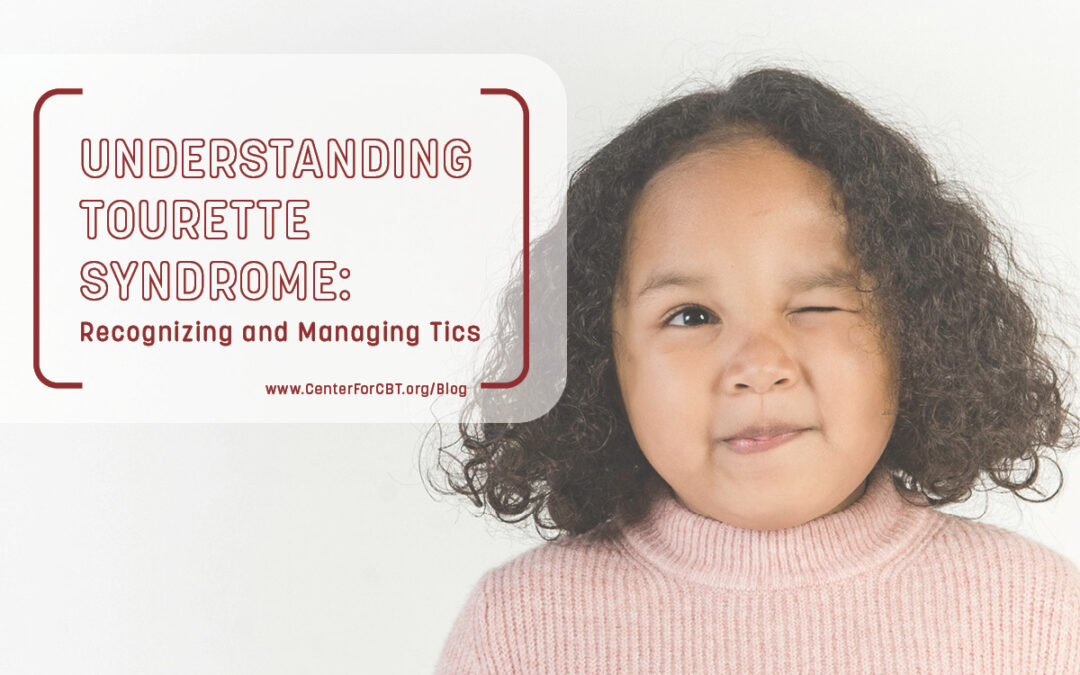
by Dr. Meir Flancbaum | Jul 10, 2024 | Adolescents, Children, Cognitive Behavior Therapy (CBT), Navigating Care, Parenting, Tourette Syndrome and Tics
While there is no “cure” for tics or Tourette syndrome, there are effective management strategies. If a child is experiencing noticeable academic, social, emotional, or other quality of life challenges as a result of their tics, working with an experienced CBIT provider can help.
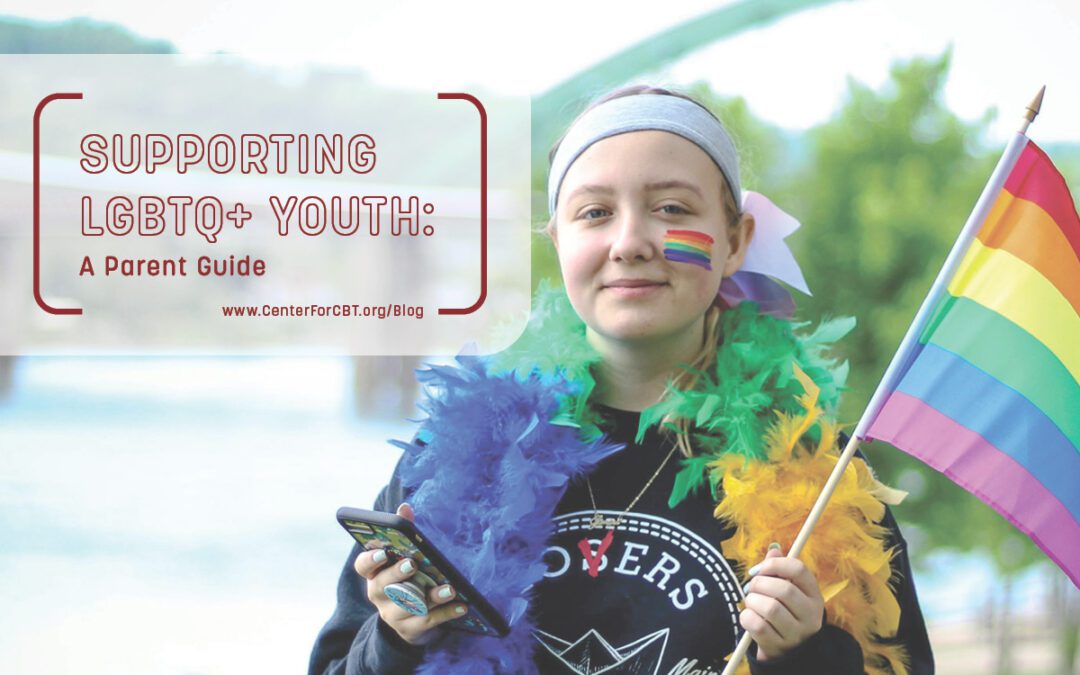
by Alycia Hinrichsen | Jun 10, 2024 | Adolescents, Children, Cognitive Behavior Therapy (CBT), Life Skills, Parenting
Acceptance from adult figures, such as parents, teachers, and caregivers, plays a crucial role in your LGBTQ+ child’s mental health and well-being. Supporting their gender and sexual identity can strengthen your relationship, boost their confidence and self-esteem, and pave the way for success.

by Dr. Julia Brillante | May 13, 2024 | Adolescents, Children, Dialectical Behavior Therapy (DBT), Young Adults
Unlock resilience with Dialetical Behavior Therapy’s ACCEPTS skills. Navigate life’s challenges effectively with evidence-based distress tolerance techniques from DBT. Focus on these practical distraction strategies to help effectively manage distress and build resilience in times of crisis.
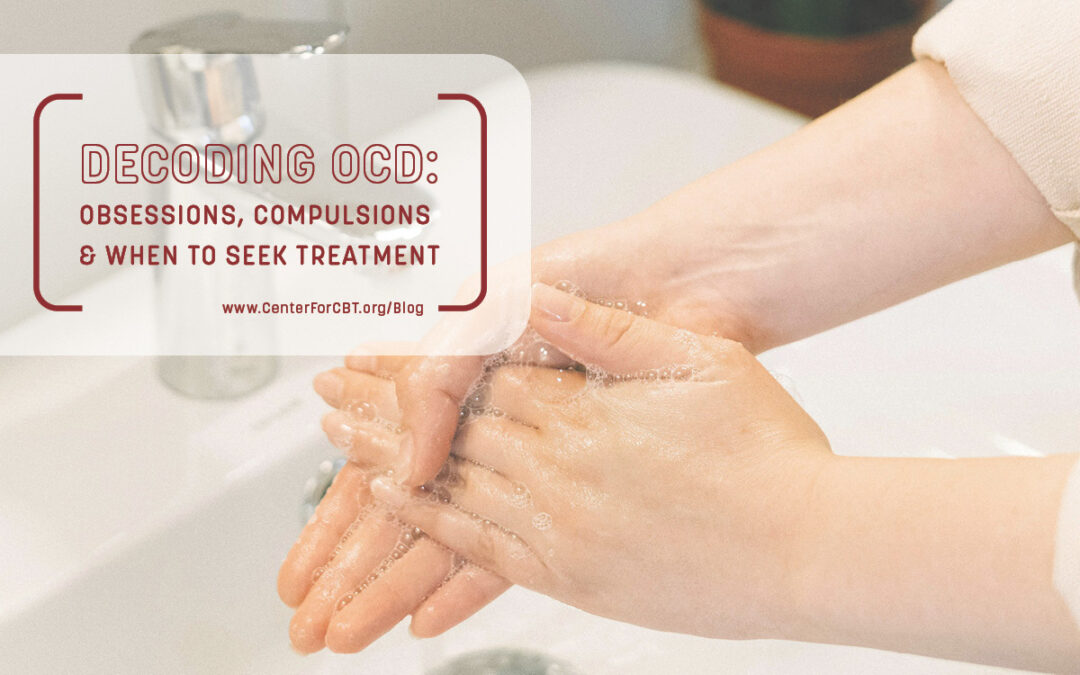
by Dr. Rob Derieux, Ph.D. | Apr 3, 2024 | OCD, Adolescents, Children, Cognitive Behavior Therapy (CBT), Young Adults
Discover the complexities of Obsessive-Compulsive Disorder (OCD), from intrusive thoughts to coping mechanisms. Learn about effective treatments like Cognitive Behavioral Therapy (CBT) and Exposure and Response Prevention (ERP).
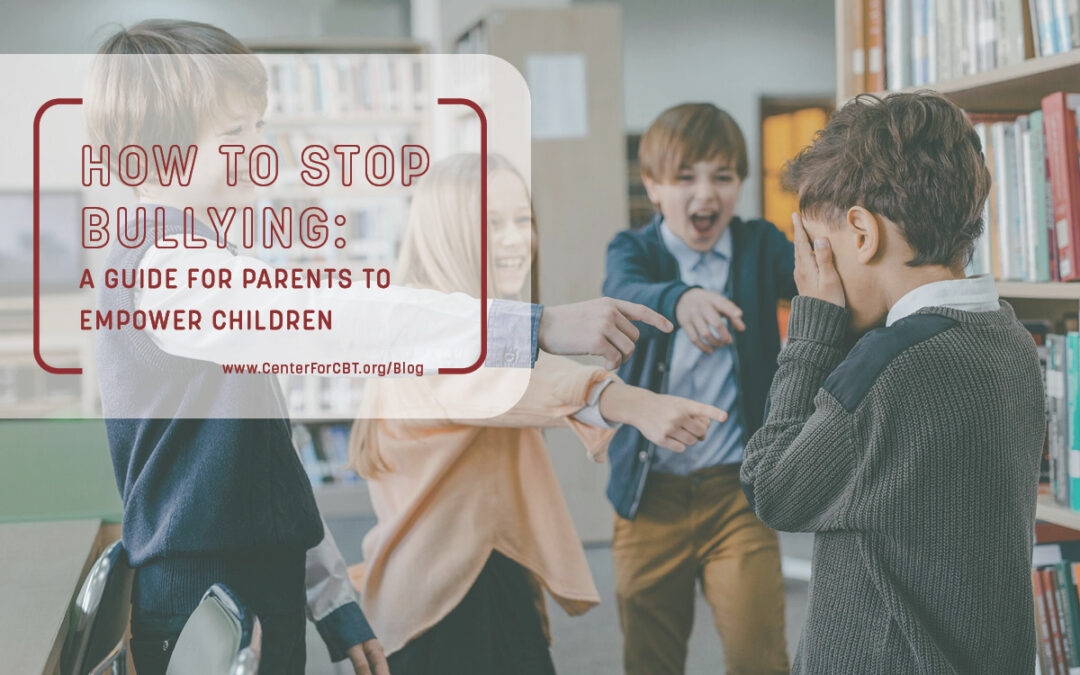
by Dr. Kayla Owens, Jess Challa | Mar 12, 2024 | Parenting, Adolescents, Children, Cognitive Behavior Therapy (CBT), Social Skills
Empower your child against bullying with effective strategies. Differentiate between bullying and teasing, implement prevention tactics, and collaborate with educators. Foster open communication, support active intervention, and promote self-care practices. Create a culture of kindness and respect for a safer community.
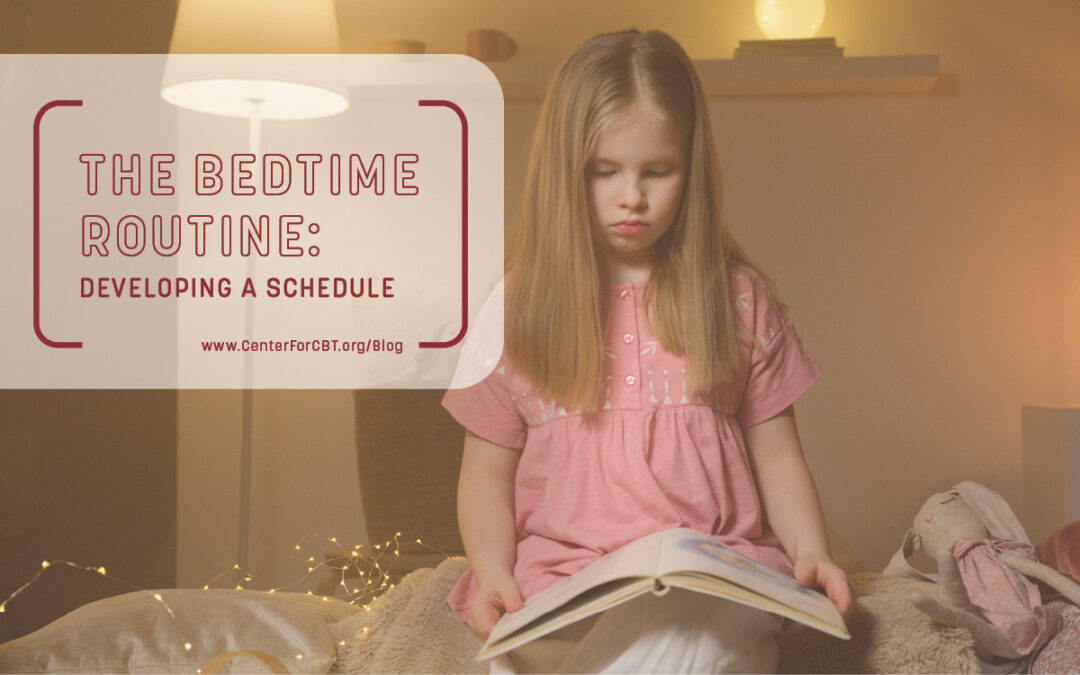
by Dr. Erica Dashow | Feb 15, 2024 | Children, Cognitive Behavior Therapy (CBT), Parenting
Unlock the secrets to a successful bedtime routine for your child’s optimal sleep and overall well-being. Gain expert insights on creating a structured nighttime schedule. Discover practical tips to ensure a peaceful night’s rest for the whole family






